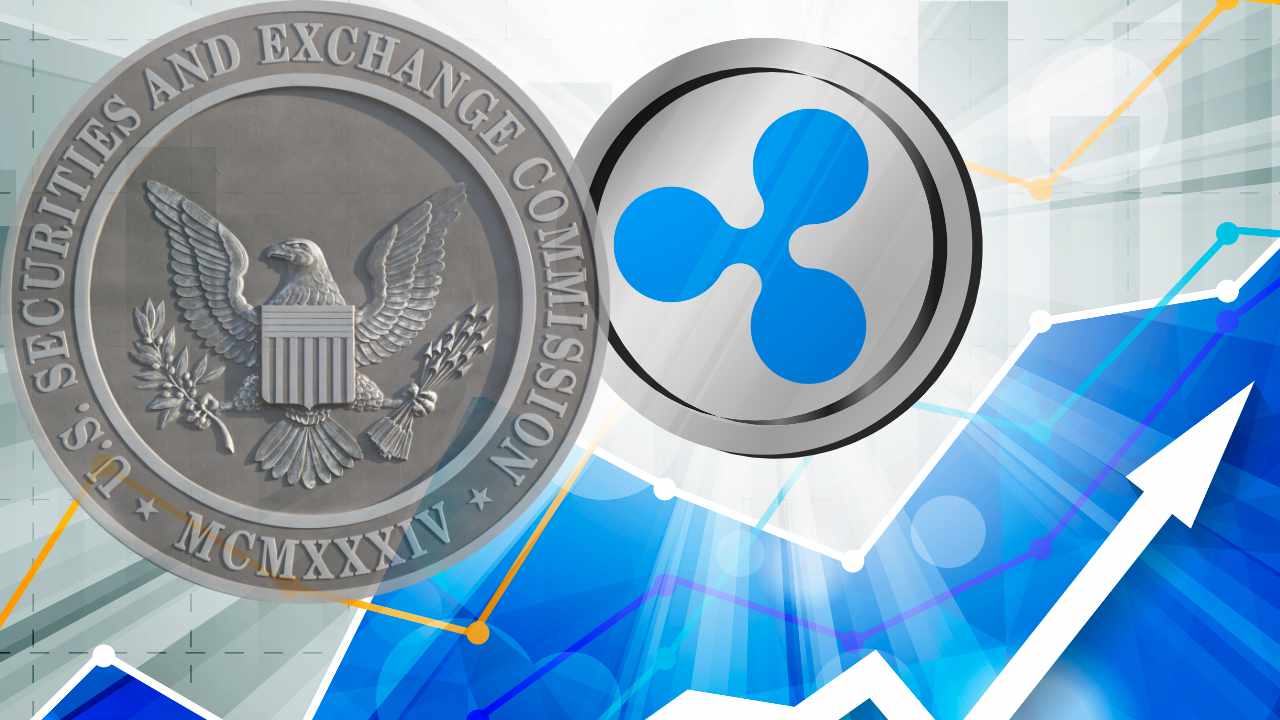The CEO of Ripple Labs says that the lawsuit brought by the U.S. Securities and Exchange Commission (SEC) against him and his company over XRP “has gone exceedingly well.” He stressed: “This case is important, not just for Ripple, it’s important for the entire crypto industry in the United States.”
Ripple’s CEO Comments on SEC Lawsuit Over XRP
Ripple CEO Brad Garlinghouse discussed the SEC lawsuit over the sale of XRP during a fireside chat at the Paris Blockchain Week Summit Thursday.
The U.S. Securities and Exchange Commission sued Ripple, Garlinghouse, and co-founder Chris Larsen in December 2020 over the sale of XRP, which the securities watchdog said is an unregistered security offering. Ripple has disputed the SEC’s findings, insisting that XRP is not a security.
Garlinghouse shared:
The lawsuit has gone exceedingly well, and much better than I could have hoped when it began about 15 months ago.
However, he noted that “the wheels of justice move slowly.” In November last year, Garlinghouse said he expects the lawsuit to conclude this year. “We’re seeing pretty good progress despite a slow-moving judicial process,” he said at the time.
Earlier this week, a judge ruled that the SEC cannot edit the contents of emails purporting to show conflicts of interest regarding how the securities regulator dealt with XRP and other crypto tokens, including ether (ETH).
Ripple is growing despite the ongoing lawsuit, Garlinghouse noted. “We’re having record growth,” he remarked Thursday. In January, he said that Ripple’s valuation has risen to $15 billion, emphasizing that his company’s financial position is the strongest ever despite the lawsuit over XRP.
Garlinghouse further explained at the fireside chat that if Ripple loses the lawsuit against the SEC, then most tokens trading on cryptocurrency exchanges would be similarly deemed securities and will have to register with the regulator. “That’s cost, that’s friction,” the executive exclaimed, stressing:
If you determine XRP as a security of Ripple, we have to know every person that owns XRP … That’s an SEC requirement. You have to know all of your shareholders. It’s not possible.
“This case is important, not just for Ripple, it’s important for the entire crypto industry in the United States,” the executive opined, noting that there is a lot at stake if the SEC successfully classifies XRP as a security. “It would really be negative for crypto in the United States.”
Do you think Ripple will win the lawsuit against the SEC and XRP will not be considered a security in the U.S.? Let us know in the comments section below.
Image Credits: Shutterstock, Pixabay, Wiki Commons
Disclaimer: This article is for informational purposes only. It is not a direct offer or solicitation of an offer to buy or sell, or a recommendation or endorsement of any products, services, or companies. Bitcoin.com does not provide investment, tax, legal, or accounting advice. Neither the company nor the author is responsible, directly or indirectly, for any damage or loss caused or alleged to be caused by or in connection with the use of or reliance on any content, goods or services mentioned in this article.
Read disclaimer
